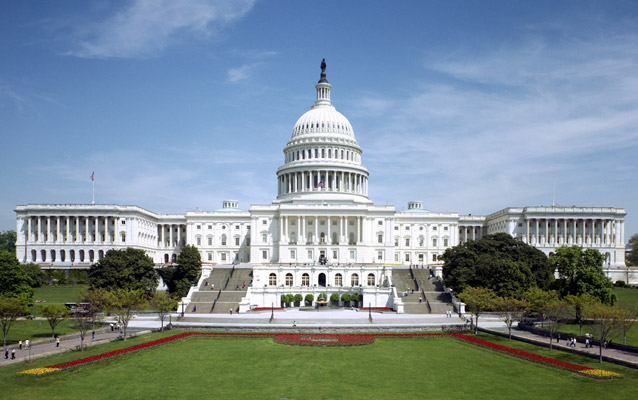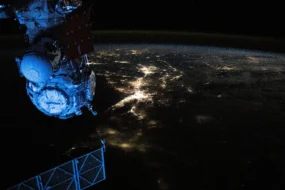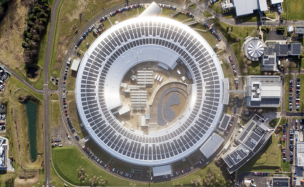The debt limit deal reached late Saturday night contains both good and bad news for NASA.
The plan from President Joe Biden and Speaker Kevin McCarthy (R-CA), which is expected to get a vote in the House on Wednesday, would keep non-defense spending roughly flat in fiscal year 2024, with a 1% bump in 2025, according to White House officials.
By the numbers:
- $27.2B = NASA’s fiscal 2024 budget request
- $25.4B = NASA’s fiscal 2023 funding
It’s important to note that the debt limit deal sets the cap on government-wide non-defense spending, not on specific agencies. So it will be up to appropriators to decide how much of the non-defense pie goes to NASA, and they could either impose more significant cuts or grant some relief. But if the proposed plan is applied evenly to the space program:
- The bad news: A flat fiscal 2024 budget would be $25.4B, putting the space agency about $1.8B under its request. The agency’s budget request included plus-ups for the human landing system for Artemis moon missions, space technology, biological and physical science programs, and Earth science, according to a Planetary Society analysis.
- The good news: A flat budget for 2024 is better for the space agency than two plans proposed by the GOP that would further curtail NASA’s budget. The House passed a bill this month that would cap fiscal 2024 spending at fiscal 2022 levels. If all agencies absorbed that cut equally, that would have meant $24B for the space agency. But Republicans were also considering a plan to make even deeper cuts to non-defense discretionary spending to protect defense spending, which would amount to a 22 percent cut to non-defense agencies. For NASA, that would mean a budget of about $19.8B.





